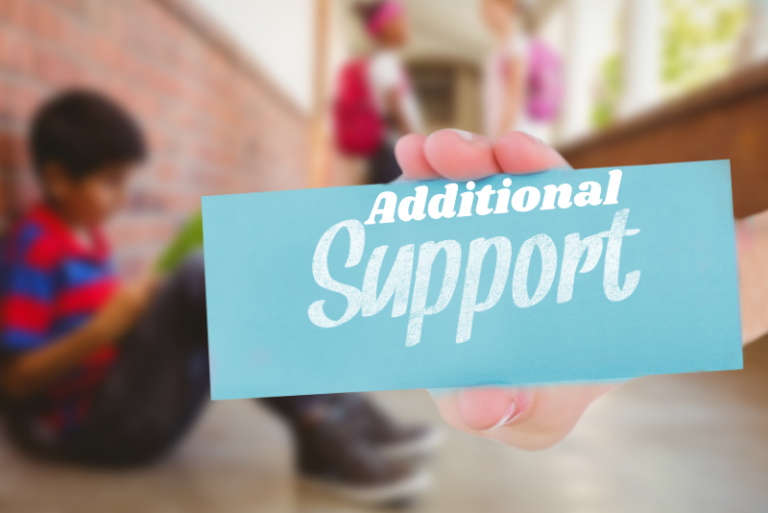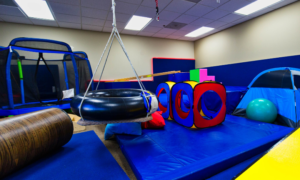
Remedial intervention in special education at school
Depending on the school and the resources available, the school can provide remedial intervention in special education to students with special needs. Though the support provided varies and is, therefore, specific to schools. The guidelines provided by the law and CBSE state the minimum that every school must do; however, schools, especially in the private sector, can always do more to make their school more inclusive. Private schools in urban areas that are usually well-versed with the RPWD Act and the RTE Act may provide remedial intervention in special education to make the school more inclusive in almost all respects.
Schools that actively take on supporting children with special needs quite often have a Department of Special Education Needs (SEN). SEN department usually has special educators, counsellors, and physical education instructors who are well-versed with the requirements of children with special needs. They may also have speech and language therapists and occupational therapists. These schools may also have a Special Education Needs Policy, which describes the extent to which the school will provide remedial intervention in special education when it comes to children with learning disabilities. All stakeholders, the school management, the parents, the teachers, the special educators, counsellors, etc., are included in the implementation of this policy for inclusive education. Therefore, as a parent or caregiver, you will want to go through and understand this policy properly.

The team of professionals, as mentioned above, supports enabling a child to read and write. They also undertake the critical task of creating a conducive environment for the child to study. The successful inclusion and adjustment of a child with a learning disability to a mainstream school is a team effort whereby access to these professionals becomes particularly important.
Besides, creating a classroom environment of acceptance; holding sensitization workshops for teachers, students, and other parents is another way of supporting the child in school.
Ideally, a school should also provide opportunities for the child to explore what they are good at, like music, dance, painting, public speaking, and elocution, things other than academics, and train them in these skills and allow them chances to showcase them.
Remedial intervention in special education
The child may need extra classes with the special educator as per their requirement. Special educators are the people who provide remedial intervention by focusing on the core issues related to the disability. They support children with learning disabilities with the subject(s) they need help with within the class. Sometimes, they may withdraw the child from the classroom for intervention, maybe taking one games period or working the timetable in some other way.
The special educator may also prepare the child in advance for a lesson that is to be taught (it is called priming) as they work in collaboration with regular subject teachers. The benefit of priming is that the child already knows what to expect from the class that day. It also allows for better participation of children with learning disabilities in the regular classroom.
Remedial intervention in special education should begin at a young age. If the core issues are addressed at an early stage or managed in lower grades, then children are better equipped for further classes.
If a child receives a diagnosis at a later stage, then, to make sure that the learning happens smoothly, all the previous concepts and ideas the child still struggles with should be taught again. During the period of relearning, and adjusting to the classroom system, oral exams and exams on a computer can prove helpful. Schools can provide this kind of leeway, especially for unit tests, during the years when the child is preparing for board exams. You can, as a parent, also ask for a combination of equally distributed multiple-choice questions and long-answer questions for your child, especially in primary classes. Most schools are reluctant to modify papers in the middle school as they cite that the CBSE does not permit modifications. However, this is entirely up to the school management, and their SEN policy. Parents are at liberty to impress upon the school that learning is essential, and the school must ensure learning is happening and that the child must get every support required to demonstrate their learning.
Modifications to papers till grade eight may be permitted as long as the child is attempting the same concepts. Parents must be prepared for schools to be reluctant, but they must persist with the school.
You are also entitled to ask for a special educator if the school does not already have one. Similarly, you can ask for all the provisions CBSE offers earlier on as well if you feel the signs of the learning disability in your child are quite strong. For example, if you think that your child requires a scribe or a reader, or extra time, even in unit exams, you must ask for it. As a parent, update yourself about the CBSE guidelines and the by-laws regarding the right of your child with learning disabilities. Also, learn about the exemptions and accommodations they are entitled to get. The critical thing to remember is that as a parent, you are approaching it from a rights perspective and not charity. It is mandated by law, and you must come from that perspective, but always in collaboration with the school. It serves well to have a healthy dialogue with the school, and often schools cooperate.